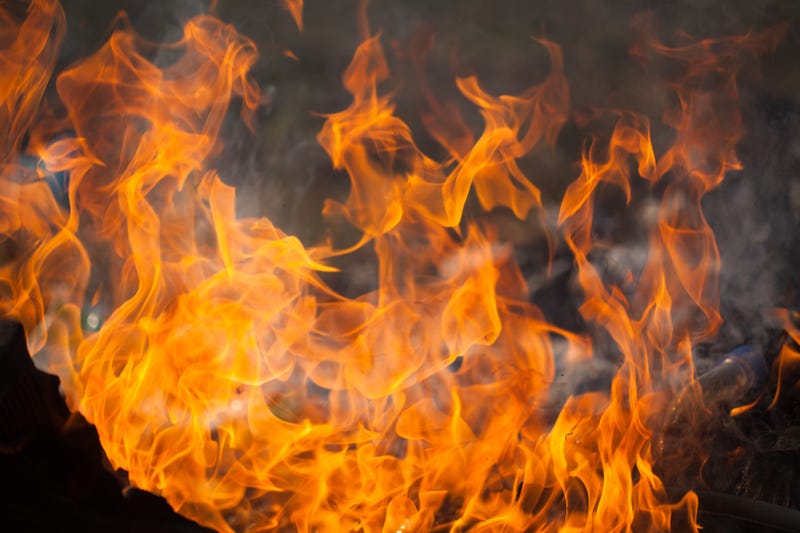
This year marks the 50th anniversary of an arson attack that killed 32 people at the Upstairs Lounge in New Orleans on Gay Pride Day, one of the deadliest anti-LGBTQ massacres in U.S. history.
Johnny Townsend, author of “Inferno in the French Quarter: The Upstairs Lounge Fire” joined WWL’s Newell Normand this week to look back at the tragedy.
“I did most of the research for ‘Inferno in the French Quarter’ back in 1989, 1990, before there was even an Internet,” he said. “So, it was mostly just, you know, just running into people, asking them for introduction to other people, going to the library, looking things up.”
Townshend was just 11 years old when the blaze took down the nightclub.
“I just remember seeing those pictures in the paper the next day,” he recalled. “And when I came out years later, I wanted to read about it and it wasn't much to read. And so that’s why I started researching it.”
Frank Perez, Executive Director of the LGBT Archives Project of Louisiana, also joined the show to explain the place this fire holds in the nation’s history.
“Younger people or people who weren't around at that time will probably be surprised to learn that New Orleans was very homophobic at that time, which is surprising because today it’s just the opposite. It's a very tolerant, welcoming city,” said Perez. “But in the early seventies, it was not that way. And so, the public reaction or lack thereof to the fire was really horrific.”
This fire came just a few years after the 1969 Stonewall Uprising in New York City. On the first anniversary of Stonewall, the first Pride marches were held in New York, Los Angeles and Chicago.
“I mean, one of the survivors told me that he overheard one of the first responders say… he used the F slur, ‘let them burn.’ And, you know, people would make jokes like, ‘Oh, did you hear about the weenie roast in the French Quarter the other day? You know, the Catholic Church didn’t want to bury any of the dead because they had died in their sins,” said Townshend of the Upstairs Lounge response. “And some of the families didn’t want to reclaim the bodies. So, I mean, there was a lot of really a lot of terrible things added on to the already horrific tragedy.”
It remained the deadliest massacre LGBTQ individuals in the U.S.
until the Pulse Nightclub shooting in 2016. Last year, New Orleans finally passed a resolution acknowledging the horrors and lack of response.
Normand also reminisced about his experiences with the welcoming LGBTQ community in New Orleans during the Disco era.
“You know, the best dancing places were predominantly gay bars,” he said. “And for me, my experience was nothing but positive with the gay community… they were very inclusive. They were very receiving you know, we went as couples dancing, you know, male, female, no big issue.”
Listen to the full conversation here.

